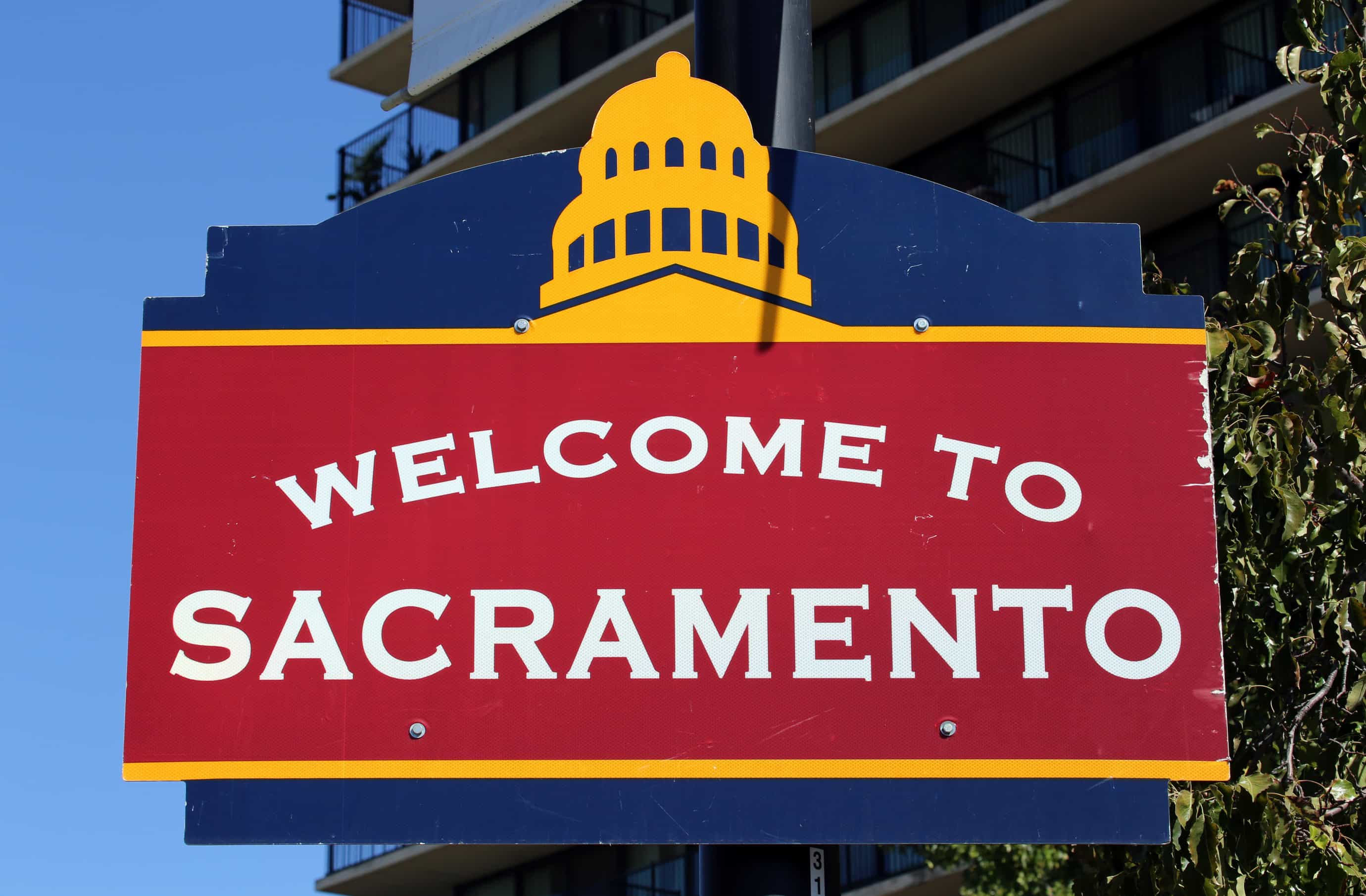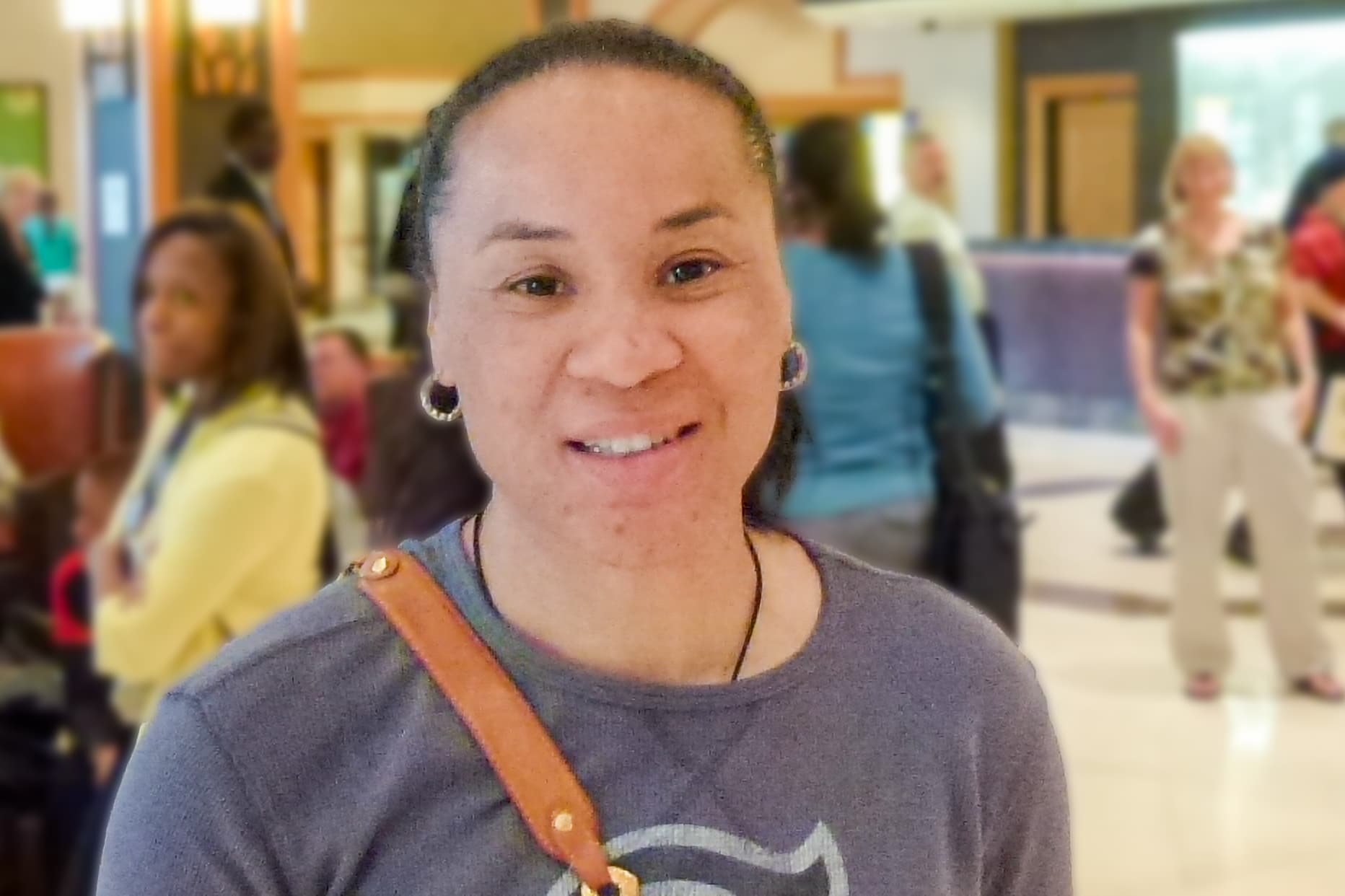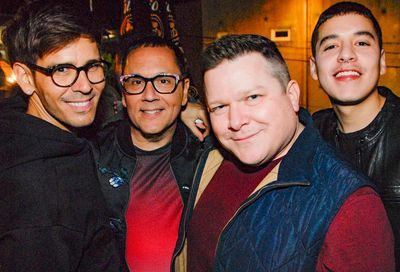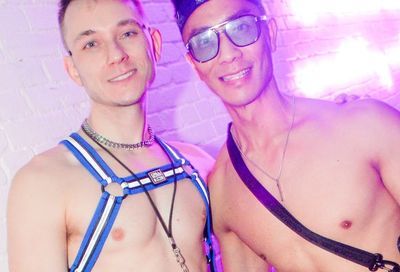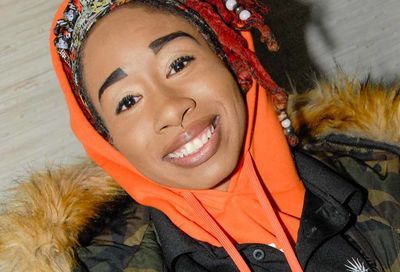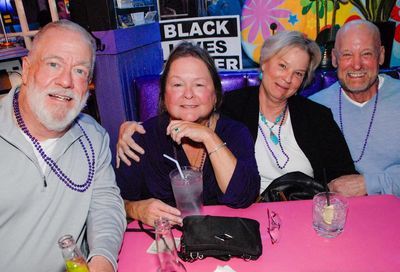Should Caitlyn Jenner Speak for the Trans Community?
Caitlyn Jenner has had many expectations placed on her. The demand of being a spokeswoman for the transgender community is perhaps the most daunting.

Caitlyn Jenner has probably experienced the most public transition in recent memory. Yet despite only recently embracing her new identity, the former Olympian and reality star of I Am Cait has had many expectations placed on her. The demand that she act as a spokeswoman for the transgender community — and, by extension, its LGB allies — is perhaps the most daunting.
As such, Jenner’s proclamations that she wasn’t on board with the concept of same-sex marriage until recently and that she accepts the idea of a Caitlyn Jenner-themed Halloween costume have shocked and angered some in the LGBT community. But others are not surprised at all. Preston Mitchum, a Policy Analyst at the Center for American Progress, recently penned a column for the Daily Dot titled “Caitlyn Jenner Is Not a Perfect LGBT Rights Advocate,” challenging some of the assumptions that have been placed on Jenner since her coming out.
“Just because she’s a trans woman doesn’t mean that Jenner should understand why same-sex marriage is so important to cisgender lesbian, gay and bisexual individuals,” Mitchum wrote. “What people are expecting from Jenner is perfection solely based on her trans identity being made public, and that’s a problem.”
Echoing his thesis, Mitchum argues that Jenner does not have to be a perfect advocate for the LGBT community writ large. She’s allowed to have a learning curve.
“Her journey is hers and only hers alone, just like when I was coming out as a queer guy. I was not perfect,” he says. “My language wasn’t perfect. I made a lot of mistakes, I was hypocritical, I contradicted myself, and I think that’s just the nature of your social justice journey…. You have the right to experience your ride and your journey on your own time and terms.”
More importantly, those who expect solidarity from members of the transgender community need to reciprocate it in their actions.
“There seems to be this expectation of certain marginalized communities wanting other marginalized communities to stand up for them without ever offering a similar voice to stand up for others,” Mitchum says. “I’ve encountered many cisgender LGB individuals who have this expectation of Caitlyn Jenner and many other trans individuals to stand up for them on issues like marriage equality, but there’s this overwhelming silence when it comes to trans deaths. If we want someone to stand up for us as part of a marginalized community, we also need to stand up for other marginalized communities, and not play the ‘Oppression Olympics’ games.”
Local transgender activist Dana Beyer considers Jenner’s process a vehicle for conversations surrounding transgender issues. Even when Jenner doesn’t conform to people’s expectations, or says something insensitive, her actions spark discussions about transgender issues that can prove educational.
“She’s not a spokeswoman and she’s not a leader. And to the best of my knowledge, she’s never claimed that mantle, it’s been thrust upon her,” says Beyer. “She’s doing it her way, and we have to do the best we can with that. All told, I think we’re doing okay. And at a minimum, when she says something like, ‘I wasn’t comfortable with gay marriage,’ well, that gets people talking. That’s a good thing.”
As for how someone gets selected as a “spokesperson,” Beyer places the onus on the media and celebrity culture. Both conspire to choose the individual and hold them up as an example, regardless of their qualifications or desire to assume the position.
“Sometimes you get really lucky and you get a person like Laverne Cox, who’s been an activist and knows how to handle it. She knows the community, and she knows the movement,” says Beyer. “And other times you get people who isolated themselves from it, and you end up watching the education of a person — in primetime, so to speak — and that can be ugly.
“That being said, [Jenner]’s done a remarkably good job, considering her complete ignorance of the movement and the community…. Her most important contribution is that she’s leveraging exposure. She’s creating a situation where now a large plurality of Americans have to say they know a transgender person through the media, and they’ve heard of this phenomenon. Nobody else that I know of in the community has the ability to create such change. And for that, I applaud her, and I think we should all be very grateful.”
But the elevation of a particular person to represent a marginalized community always carries its own challenges. For instance, because Jenner is wealthy, white and enjoys a unique social platform, those who mistakenly assume she speaks for a broad swath of the transgender community risk erasing the contributions made by transgender women of color or those of lower socioeconomic statuses.
“Caitlyn Jenner is not a reflection of black trans women,” says Elle Hearns, a transgender Black Lives Matter strategic partner and GetEQUAL’s Central Regional Coordinator. Hearns stresses the importance of individuals, particularly those in the media or in positions of political or social power, developing genuine, tangible relationships with transgender women of color before purporting to speak on their behalf.
“You’ll never be able to change anything if you don’t actually have black trans women actually speaking to their own experience,” says Hearns. “And only hiring one of us, that person will still never be able to do the job of all of us, because that person also only has one experience that mirrors the experience of the majority.”
Balance and a diversity of opinions are key, says Keith Thirion, a transgender man serving as the acting director of Equality Maryland.
“I think it’s more important to make sure there’s a diversity of voices and to have authentic experiences shared from a breadth of perspectives, rather than picking one or two ‘right’ people, to making sure there’s space for as many people as possible to share their stories,” says Thirion. “I don’t think you can have too much diversity. It’s important to highlight different aspects of life and different aspects of experiences.”
For instance, when Equality Maryland worked to push for passage of a transgender nondiscrimination bill through the General Assembly, they made sure to have people highlight their individual stories of employment and housing discrimination in order to compel legislators to pass the bill.
“No one person can speak for an entire community and represent an entire community’s experiences, because within the trans community, there is diversity,” adds Thirion. “There’s diversity with identity, with demographics, like race, age, gender. And that makes it impossible for one person to say, ‘I understand and speak for the experiences of my entire community.'”
Similarly, relying on stereotypes or internal biases to focus only on transgender women can ignore equally important issues facing transgender men. To combat those biases, he says, it is up to the media and those in power to make inroads and build working relationships with other sources equally capable of commenting on a certain issue.
“Caitlyn Jenner has certainly been a visible spokesperson, but in some way all transgender people turn into spokespeople by virtue of educating other people about their experiences and their lives,” says Thirion. “Laverne Cox, who’s been a fantastic spokesperson, has said herself that there’s a great need for a diversity of voices. So the people who are visible should also be advocating for more voices to come to the forefront and for that diversity.”
Spotlighting positive stories of transgender people who are successful and embraced by their families and communities will help to make a difference, akin to highlighting the love and commitment between same-sex couples — something instrumental in changing hearts and minds on marriage equality.
“I think another element of that diversity of experiences is also sharing the instances where trans people are thriving and living life to the fullest, in addition to when discrimination and marginalization happens,” Thirion says.
Support Metro Weekly’s Journalism
These are challenging times for news organizations. And yet it’s crucial we stay active and provide vital resources and information to both our local readers and the world. So won’t you please take a moment and consider supporting Metro Weekly with a membership? For as little as $5 a month, you can help ensure Metro Weekly magazine and MetroWeekly.com remain free, viable resources as we provide the best, most diverse, culturally-resonant LGBTQ coverage in both the D.C. region and around the world. Memberships come with exclusive perks and discounts, your own personal digital delivery of each week’s magazine (and an archive), access to our Member's Lounge when it launches this fall, and exclusive members-only items like Metro Weekly Membership Mugs and Tote Bags! Check out all our membership levels here and please join us today!






